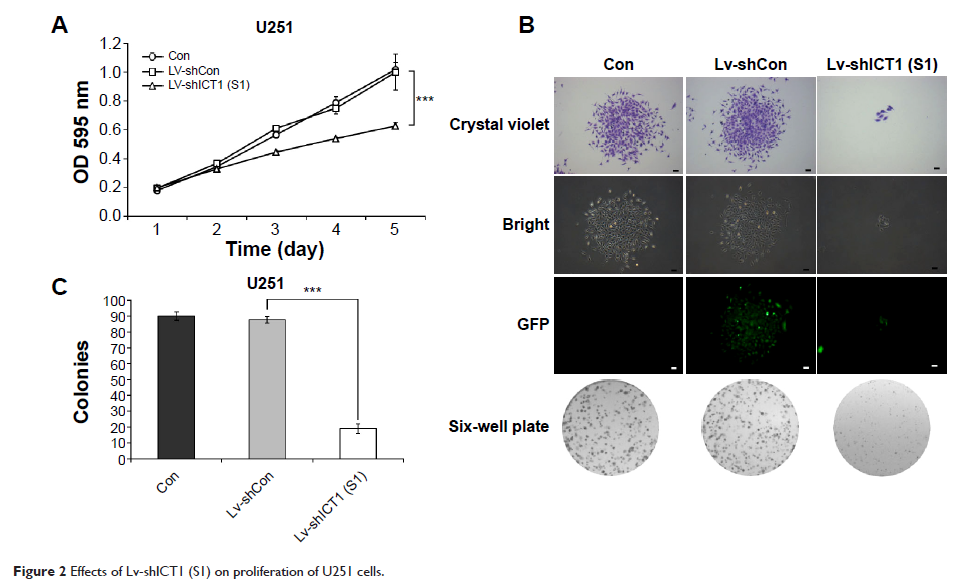109669
论文已发表
注册即可获取德孚的最新动态
IF 收录期刊
- 3.4 Breast Cancer (Dove Med Press)
- 3.2 Clin Epidemiol
- 2.6 Cancer Manag Res
- 2.9 Infect Drug Resist
- 3.7 Clin Interv Aging
- 5.1 Drug Des Dev Ther
- 3.1 Int J Chronic Obstr
- 6.6 Int J Nanomed
- 2.6 Int J Women's Health
- 2.9 Neuropsych Dis Treat
- 2.8 OncoTargets Ther
- 2.0 Patient Prefer Adher
- 2.2 Ther Clin Risk Manag
- 2.5 J Pain Res
- 3.0 Diabet Metab Synd Ob
- 3.2 Psychol Res Behav Ma
- 3.4 Nat Sci Sleep
- 1.8 Pharmgenomics Pers Med
- 2.0 Risk Manag Healthc Policy
- 4.1 J Inflamm Res
- 2.0 Int J Gen Med
- 3.4 J Hepatocell Carcinoma
- 3.0 J Asthma Allergy
- 2.2 Clin Cosmet Investig Dermatol
- 2.4 J Multidiscip Healthc

本文章已被撤回:未成熟结肠癌转录物 1 的敲除抑制胶质母细胞瘤多形细胞通过 G2 期/有丝分裂阻滞而增殖
Authors Xie R, Zhang YC, Shen C, Cao XY, Gu SX, Che XM
Published Date May 2015 Volume 2015:8 Pages 1119—1127
DOI http://dx.doi.org/10.2147/OTT.S75864
Received 15 October 2014, Accepted 18 December 2014, Published 19 May 2015
***本文章已被撤回***
Abstract: “Glioblastoma multiforme” (GBM) is the frequent form of malignant glioma. Immature colon carcinoma transcript-1 (ICT1) is essential for cell vitality and mitochondrial function and has been recognized in several human cancers. In the study reported here, we attempted to evaluate the functional role of ICT1 in GBM cells. Lentivirus-mediated RNA interference (RNAi) was applied to silence ICT1 expression in human GBM cell lines U251 and U87. Cell proliferation was measured by 3-(4,5-dimethylthiazol-2-yl)-2,5-diphenyltetrazolium bromide (MTT) and colony-formation assays. Cell-cycle progression was determined by flow cytometry with propidium iodide staining. The results revealed that lentivirus-mediated short hairpin RNA (shRNA) can specifically suppress the expression of ICT1 in U251 and U87 cells. Functional investigations proved for the first time, as far as we are aware, that ICT1 knockdown significantly inhibited the proliferation of both cell lines. Moreover, the cell cycle of U251 cells was arrested at Gap 2 (G2)/mitotic (M) phase after ICT1 knockdown, with a concomitant accumulation of cells in the Sub-Gap 1 (G1) phase. This study highlights the crucial role of ICT1 in promoting GBM cell proliferation, and provides a foundation for further study into the clinical potential of lentivirus-mediated silencing of ICT1 for GBM therapy.
Keywords: glioblastoma multiforme, immature colon carcinoma transcript-1, lentivirus, proliferation, RNA interference
